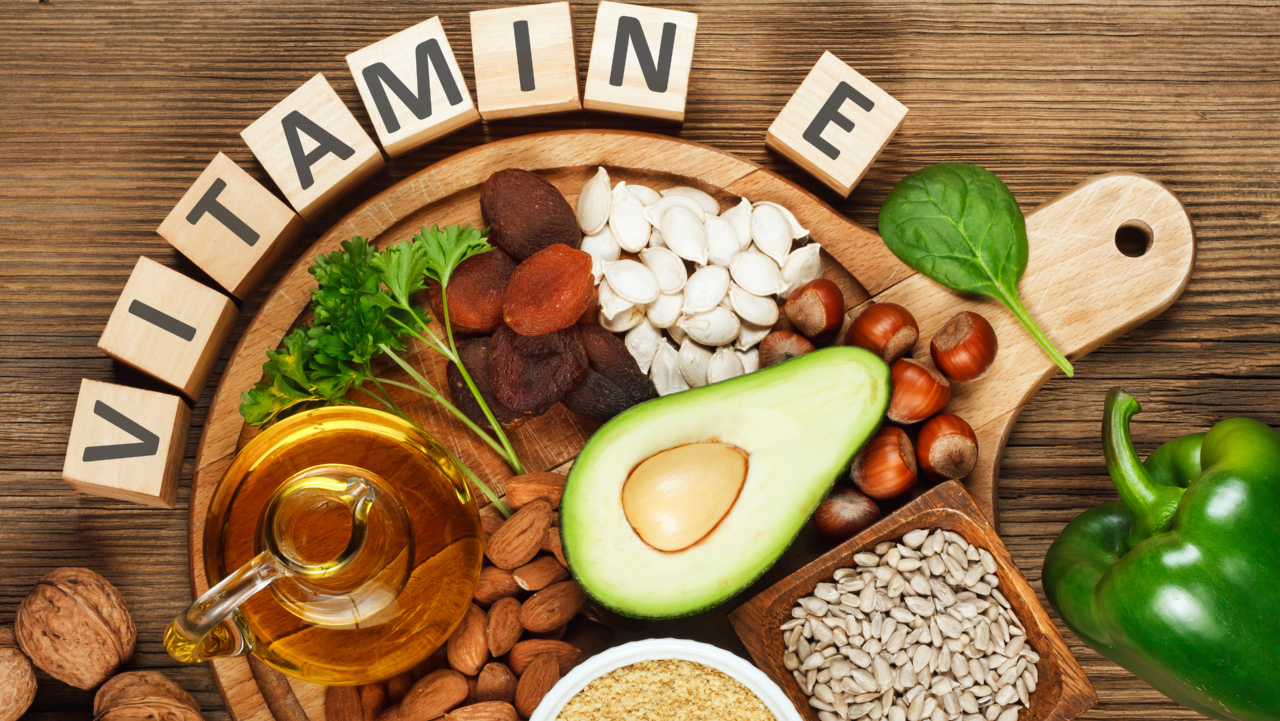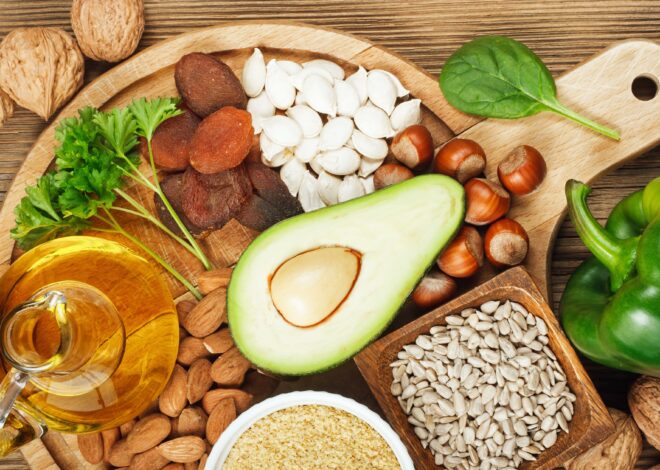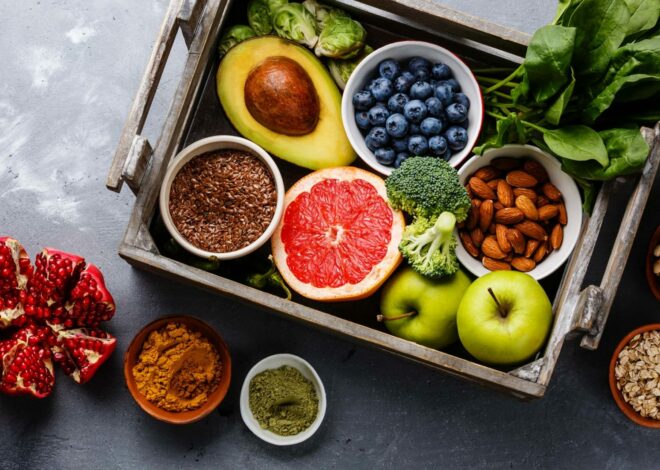
The Importance of Vitamin E for Reproductive Health
Introduction
Vitamin E, a fat-soluble nutrient, is well-known for its powerful antioxidant properties. While it is often associated with skin health and immune function, its role in reproductive health is equally significant but less discussed. This guide delves into the importance of Vitamin E for reproductive health, exploring its benefits, sources, and the science behind its essential functions.
Understanding Vitamin E
What is Vitamin E?
Vitamin E refers to a group of eight fat-soluble compounds, including four tocopherols and four tocotrienols. Among these, alpha-tocopherol is the most biologically active form in humans. As an antioxidant, Vitamin E protects cells from oxidative damage by neutralizing free radicals, thus preventing chronic diseases and aging.
Sources of Vitamin E
Vitamin E can be found in various foods, ensuring that a balanced diet can typically provide adequate amounts. Key sources include:
- Nuts and Seeds: Almonds, sunflower seeds, and hazelnuts are particularly rich in Vitamin E.
- Vegetable Oils: Sunflower, safflower, and wheat germ oils are excellent sources.
- Green Leafy Vegetables: Spinach, kale, and broccoli contain significant amounts.
- Fortified Foods: Many cereals and juices are fortified with Vitamin E.
Daily Requirements
The recommended daily allowance (RDA) for Vitamin E varies by age, sex, and life stage. For adults, the RDA is approximately 15 milligrams (22.4 IU) per day. Pregnant and lactating women may require slightly higher amounts to support their increased needs.
Vitamin E and Reproductive Health
The Role of Vitamin E in Male Reproductive Health
Sperm Quality and Function
Vitamin E is crucial for maintaining healthy sperm cells. It protects the sperm membrane from oxidative damage, which is essential for maintaining sperm motility and viability. Studies have shown that Vitamin E supplementation can improve sperm quality and reduce the incidence of abnormal sperm morphology.
Hormonal Balance
Adequate Vitamin E levels help maintain the balance of reproductive hormones, such as testosterone. This balance is vital for libido, sexual function, and overall reproductive health in men.
The Role of Vitamin E in Female Reproductive Health
Menstrual Health
Vitamin E has been shown to alleviate symptoms of premenstrual syndrome (PMS), such as cramps, mood swings, and breast tenderness. Its anti-inflammatory and antioxidant properties help reduce oxidative stress and inflammation, which are often associated with PMS symptoms.
Fertility and Pregnancy
For women, Vitamin E plays a critical role in fertility and pregnancy. It supports the health of the endometrium, the lining of the uterus, making it more receptive to embryo implantation. Additionally, Vitamin E helps prevent oxidative damage to the placenta, supporting a healthy pregnancy.
Antioxidant Protection
Both male and female reproductive systems are highly susceptible to oxidative stress, which can lead to cellular damage and impaired function. Vitamin E’s antioxidant properties neutralize free radicals, protecting reproductive cells and tissues from oxidative damage.
Immune Support
A robust immune system is essential for reproductive health, as infections can adversely affect fertility. Vitamin E enhances immune function, helping the body ward off infections that could compromise reproductive health.
FAQs
How does Vitamin E improve sperm quality?
Vitamin E protects sperm cells from oxidative damage, which is crucial for maintaining their motility and viability. By neutralizing free radicals, Vitamin E helps ensure that sperm cells remain healthy and capable of fertilization.
Can Vitamin E help with menstrual cramps?
Yes, Vitamin E can help alleviate menstrual cramps. Its anti-inflammatory properties reduce the production of prostaglandins, which are compounds that cause pain and inflammation during menstruation.
Is Vitamin E beneficial for women trying to conceive?
Absolutely. Vitamin E supports the health of the endometrium, making it more receptive to embryo implantation. It also protects the placenta from oxidative damage, which is crucial for a healthy pregnancy.
What are the best dietary sources of Vitamin E?
Some of the best dietary sources of Vitamin E include almonds, sunflower seeds, spinach, and wheat germ oil. Including these foods in your diet can help ensure adequate Vitamin E intake.
Can Vitamin E deficiency affect reproductive health?
Yes, Vitamin E deficiency can lead to various reproductive health issues, including decreased sperm quality in men and impaired fertility in women. Ensuring adequate intake is crucial for maintaining reproductive health.
How much Vitamin E should I take daily?
The recommended daily allowance (RDA) for Vitamin E is approximately 15 milligrams (22.4 IU) for adults. However, pregnant and lactating women may require slightly higher amounts.
Are there any risks associated with Vitamin E supplementation?
While Vitamin E is generally safe, excessive supplementation can lead to adverse effects, such as bleeding disorders. It’s important to consult with a healthcare provider before starting any supplementation regimen.
Can Vitamin E improve sexual function?
Vitamin E supports the balance of reproductive hormones, such as testosterone, which is crucial for libido and sexual function. Adequate Vitamin E levels can help maintain a healthy sex drive.
Is Vitamin E helpful during pregnancy?
Yes, Vitamin E is beneficial during pregnancy. It helps protect the placenta from oxidative damage and supports the overall health of both the mother and the developing fetus.
Can Vitamin E interact with other medications?
Vitamin E can interact with certain medications, such as anticoagulants and chemotherapy drugs. It’s important to discuss any potential interactions with your healthcare provider before starting Vitamin E supplementation.
Conclusion
Vitamin E is a vital nutrient for maintaining reproductive health in both men and women. Its antioxidant properties protect reproductive cells and tissues from oxidative damage, support hormonal balance, and enhance overall fertility. By ensuring adequate intake through diet or supplementation, individuals can promote optimal reproductive health and improve their chances of conception. As always, it’s important to consult with a healthcare provider before making any significant changes to your diet or supplementation regimen.
- Retinol Peel Near Caterham, Surrey - June 1, 2025
- Obagi Nu-Derm System For Anti-aging In Kingston Upon Thames Surrey London - June 1, 2025
- The Emotional Aftermath Of Ghosting And How To Find Closure - May 31, 2025


